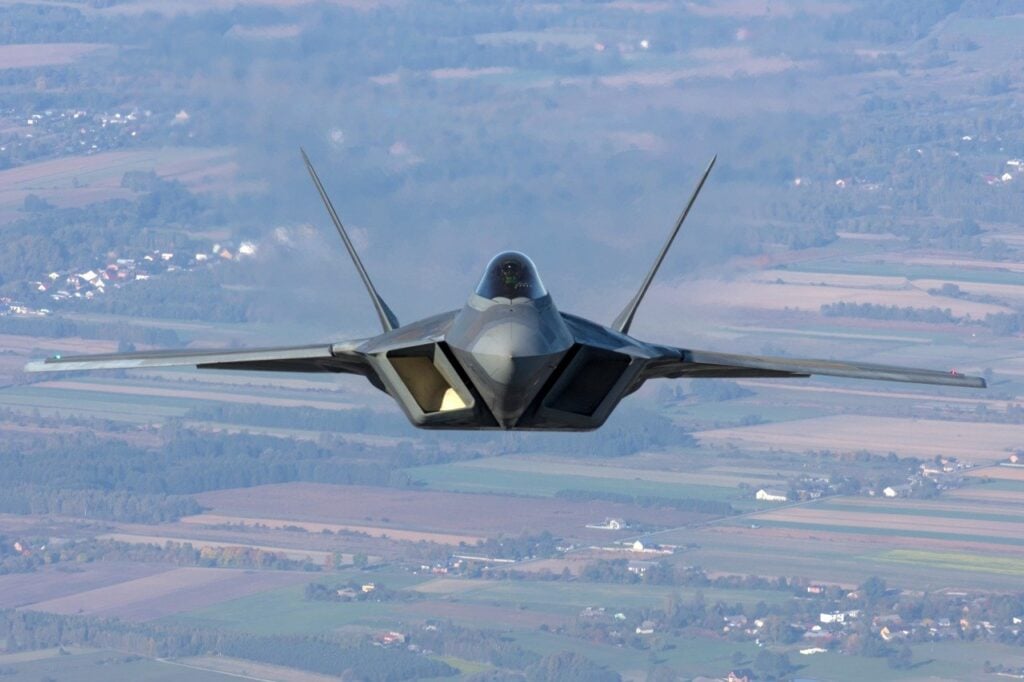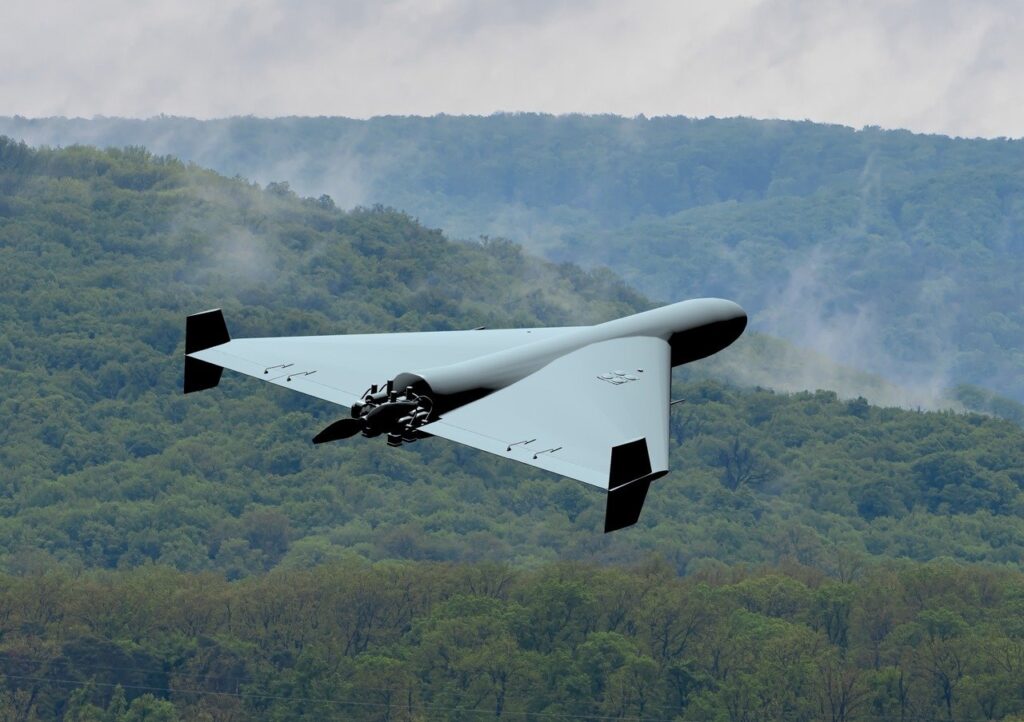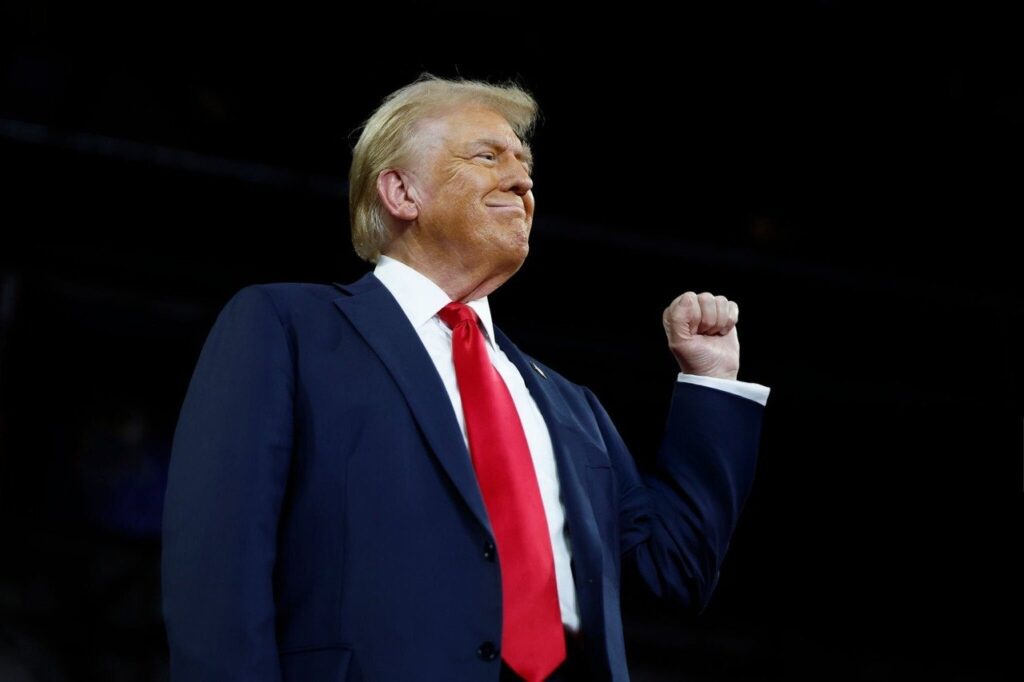Is Lebanon’s UN Resolution 1701 still applicable today?
The loss of Lebanese sovereignty has put ordinary Lebanese citizens in danger of war. Hezbollah and Israel’s duel on the border is vanquishing any hope for long-term stability in Lebanon, which has resulted in the loss of more innocent lives. Many people want to see the bloodshed cease, with some calling for the full implementation of United Nations Resolution 1701—so that the Lebanese Armed Forces (LAF) can take on its responsibility as the sole defender of Lebanon. However, after seventeen years since its inception in 2006, is it still a viable option?
Historical Context
First, it should be understood why 1701 was formulated and adopted originally. On August 11, 2006, the United Nations (UN) Security Council unanimously voted in favor of the resolution, with all fifteen members supporting its implementation. The vote included an endorsement from all five permanent members—The United States, Great Britain, France, Russia, and China. It was necessitated as a consequence of the Lebanon 2006 July war—when Iranian-backed Hezbollah guerrillas organized and executed a raid on Israeli soldiers patrolling the border. In total, eight Israeli soldiers were killed, and two captured. The mission sought to kidnap Israeli servicemen in exchange for Lebanese prisoners held in Israel. Rather than enter negotiations, Israel decided to launch a war to defeat Hezbollah and retrieve the two captives. It failed on both accounts and was forced to enter into in-direct talks with Hezbollah in 2008 for the release of two dead Israeli soldiers. The outcome was a political humiliation for Israel’s government, but it also led to the destruction of Lebanon’s infrastructure and over a thousand people killed. The war finally ended with a UN-brokered ceasefire. This laid the foundation for Resolution 1701.
One should bear in mind that Hezbollah made this decision to attack Israel without discussion or approval from the LAF or the government. At the time, Fouad Siniora was the Prime Minister of Lebanon and part of the March 14 political movement – the opponents of Hezbollah’s March 8 bloc. He is seen as the “father” of 1701.
He introduced a seven-point truce plan that included two important stipulations. One was the demand for Israeli forces to withdraw from all Lebanese territories. The United Nations demarcated the border region between Lebanon and Israel as the “Blue Line”—to which Mr. Siniora said Tel Aviv must respect and return to its side. Mr. Siniora’s office was reached out for comment but declined. The second was the declaration that the government and Lebanese army must have the sole authority to protect Lebanon. He cited the Taef Accord (the agreement that ended Lebanon’s civil war 1975–1990) to legitimize his strategy further. It mandated that the LAF is responsible for the defense of Lebanon’s sovereignty and that all civil war militias must hand over their weapons.
The Taef Accord stipulates,
Disbanding of all Lebanese and non-Lebanese militias shall be announced. The militias’ weapons shall be delivered to the State of Lebanon within a period of 6 months, beginning with the approval of the national accord charter. The president of the republic shall be elected. A national accord cabinet shall be formed, and the political reforms shall be approved constitutionally…The armed forces shall be unified, prepared, and trained in order that they may be able to shoulder their national responsibilities in confronting Israeli aggression.”
The only militia that did not give up its arms was Hezbollah. It was left alone as a “resistance” group to fight against Israel’s occupation. Eventually, Israel withdrew from the south in 2000—leaving Hezbollah as the strongest force in the area.
Today’s Regional Dynamics
From October 8, Hezbollah joined the Gaza-Israel War on the side of Hamas, and it has shaken the region with trepidation that the conflict will spread. As casualties are mounting, the situation in the south is becoming more hazardous for the local civilians. Villages are exposed to the onslaught of Israeli retaliatory attacks on Hezbollah targets—as the group fires missiles into Israel’s northern Galilee region. As of Friday, Hamas and Israel have agreed to a four-day truce. Hezbollah has announced it will adhere to the truce but will respond to any Israeli “escalation.” There are already reports of violations, as Hezbollah fired a surface-to-air missile that failed to hit an Israeli drone. This action prompted an Israeli military response.
Demands for the Implementation of 1701
In Beirut, some Lebanese political actors have publicly called for the immediate restoration of 1701 as the means to break Hezbollah’s war powers. The Lebanese Forces (LF), formerly part of the March 14 Alliance and head of the largest Christian bloc in Parliament, held a press conference on November 21 at Citea Apart Hotel in the neighborhood of Achrafieh—titled “1701 NOW.” The National Interest was present at the gathering.
Marc Saad, head of LF media foreign affairs relations, answered questions to TNI on the historical importance of 1701 and its present relevance.
Saad said, “1701 provided stability and security to Lebanon for seventeen years and it’s in the core values and principles of the successive governments since 2006. It has allowed the reconstruction of Lebanon and turned the border areas into a prosperous touristic destination.” Lebanon has seen a significant downturn in tourists since the flare-ups on the border, with tens of thousands of people leaving the country out of fear. Prior to the war, tourism served as the only real source of income for the Lebanese economy—as the country still requires an IMF deal to bail out the financial sector by unlocking billions of dollars in aid and investments.
Saad emphasized it was the responsibility of the state, not Hezbollah, to protect Lebanon’s borders: “The solution is simple: the government should assume its role and order the LAF to deploy and restore stability with the support of UN forces. No one can defy them. They (Hezbollah) may oppose this move because it will retain their action and freedom of movement; but no one can challenge the LAF; the only remaining trustworthy institution.”
When asked if such a policy would require the disarmament of Hezbollah to see it through, Mr. Saad provided the final comments. “With the right political will, we can save the country; and saving the country does not really mean applying force onto Hezbollah. However, Hezbollah’s application of force has been a source of pain for the country and its economy.”
Currently, the caretaker government of Prime Minister Najib Mikati does not seem prepared to make such a drastic shift in Lebanon’s defense strategy. The will is missing. He may not even have the power to enact such a decision. It should be made clear that the LAF is present in the south. However, it does not have the final say regarding peace and war. All of this is happening while Lebanon remains with no president to rally behind and lead it. Every international agreement from Taef to 1701 carries all appropriate measures to protect Lebanon, at least on paper. If 1701 or its equivalent is not fully implemented, the future of Lebanon’s security remains grim. Now, everyone waits to see what the ceasefire will produce.
Adnan Nasser is an independent foreign policy analyst and journalist with a focus on Middle Eastern affairs. Follow him on Twitter @Adnansoutlook29.
Image: Shutterstock.com.


